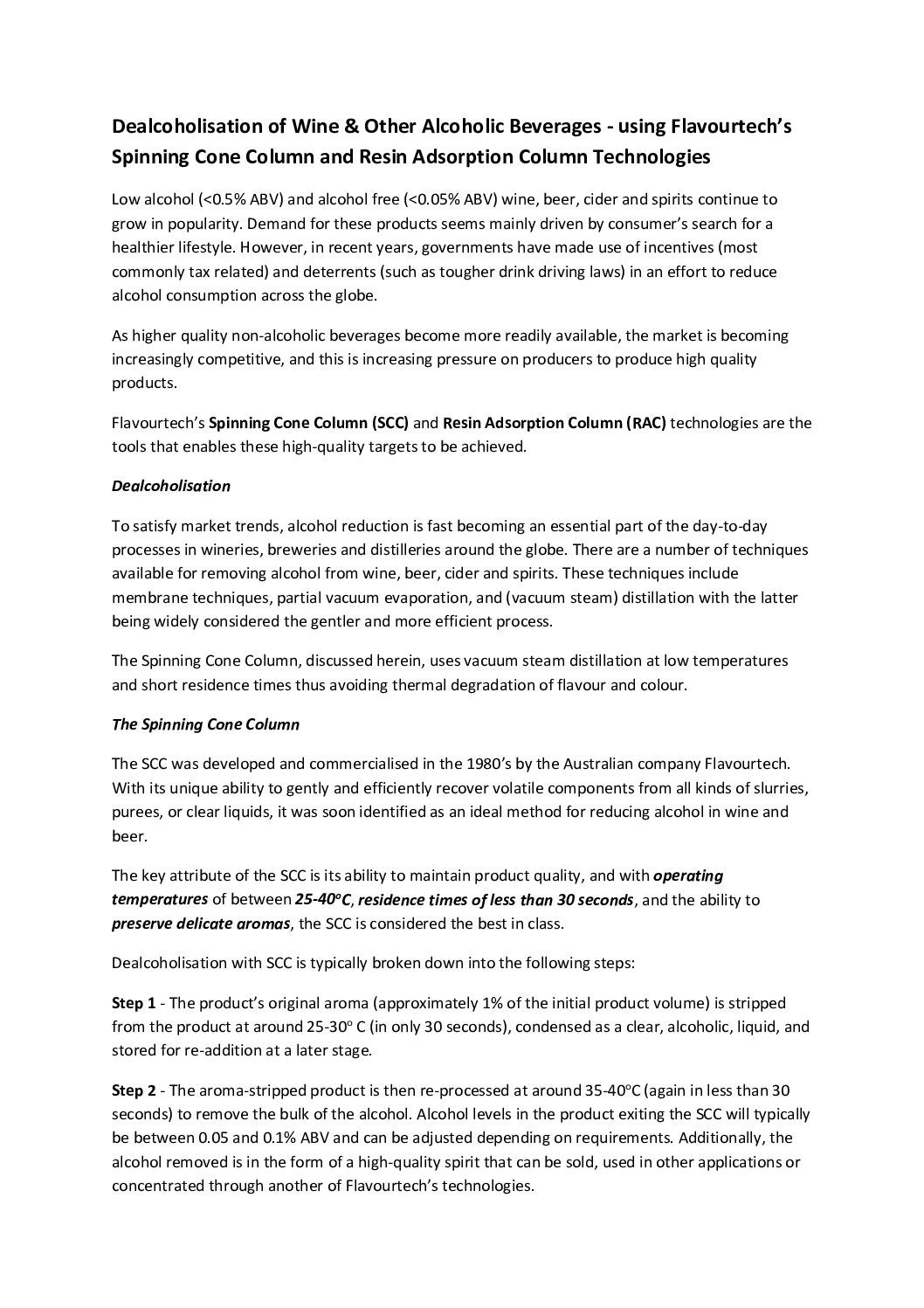
The term “instant coffee” conjures up mixed feelings from people. Instant coffee is still being consumed in large quantities and is expected to grow year on year due to its convenience, availability and price.
Soluble coffee is available in jars, tins, single serve or sachets and can be found in most households, work premises as well as hotels, so you may wonder why with such popularity some consumers still have negative comments about such a widely consumed product.
There has been a resurgence in the consumption of instant coffee due to the recent Covid-19 pandemic where people have had to work from home and are relying on instant coffee for their daily consumption.
This consumption was aided by companies releasing premium versions of instant coffee – with flavours closer to a barista made coffee – to win over new consumers. One of the ways they did this was to include micro-ground insoluble coffee beans with the soluble instant powder to release the varietal flavour notes normally lost during the manufacturing process, a great idea indeed.
Instant coffee production involves many steps and there are flavour losses at many of these steps. For example, in the process of grinding and where there are requirements for high temperature such as in solids extraction (typically at 180°C), during the concentration step and last in the spray drying step. However, with the introduction of freeze-drying (rather than spray-drying) there was noticeable flavour improvement due to the much lower temperatures involved during this water removal process.
But there is a process that can maintain the flavours of the roasted beans and have the flexibility to adapt to different requirements – whether the extract is to end up through the spray or freeze dryer, for instance. Or whether it is destined for Ready-To-Drink or to be used for cold-brew extraction, and do all this without the need for micro-grounds.
Flavourtech, an Australian manufacturer of food and beverage process systems, has been assisting coffee manufacturers in retaining the single origin varietal notes from the roasted beans to the final powder or ready-to-drink coffee for over 30 years. Its process involves capturing these notes as early as possible in the process, storing and protecting them, and utilising much shorter residence times to reduce the thermal impact (and so maintain the quality) on the coffee throughout the extraction process.
Its unique Spinning Cone Column (SCC), a part of their Integrated Extraction System (IES), is able to capture the R&G flavours of the roasted beans and brew the coffee at the same time.
The IES allows the manufacturer control and capture of the R&G flavours where they are freshest and best, at the very start with the roasted beans themselves. This aspect was noticed by the specialty coffee bean roasters that have carefully dealt with and painstakingly roasted the best beans to produce these desirable R&G notes. They saw an increase in demand for higher quality flavoured instant coffee rather than those that are mass-produced. Specialty instant coffee became a success and continues to rise and consumers it seems cannot get enough of it.
The improvement in flavours can be attributed to the quality of the coffee beans and how the roasters use their skill in the roasting process – masterfully. The extraction process is then performed at lower temperatures, with freeze-drying being the preferred process in producing premium specialty instant coffee. A simple search online will bring up many examples of these products with amazing reviews and with packaging designs that look as if a team of highly skilled marketing gurus spent much time on them.
The Flavourtech IES process can and does assist instant coffee producers in maintaining the flavours from the raw material with the ability to control temperature and thus reducing the thermal impact of the coffee. The unique processing involves:
- Roasted coffee beans are milled under a blanket of cold water through the Slurry Preparation Module. The water acts as a carrier for these volatile aroma components and carries (with the slurry) to the Spinning Cone Column (SCC).
- Brewing or extraction temperatures of 100oC occur in the SCC, for only 30 seconds (compare this to other techniques where it could be in the many minutes to hours). The slurry, consisting of the beans and water all pass through from the top of the column to the bottom in 30 seconds, steam under vacuum is used to brew the coffee as well strip out the natural aroma from the beans and slurry where it leaves the SCC, condensed and stored in a chilled vessel. These are the natural and desirable R&G notes.
- Post the SCC, if further high temperature extraction is required then their Rotating Disc Column (RDC) can help, to further extract out the solids. But the time of extraction is only 20 minutes rather than hours. The process involves rotating baffles and a continuous flow of the coffee slurry, all performed post the SCC where the R&G flavour notes have been previously removed and stored.
- The slurry then enters a Clarification Module to separate the coffee beans from the aqueous extract.
- This extract can then be used for RTD with the natural flavours (captured as shown above) added back to produce a full-flavoured beverage or can be concentrated through Flavourtech’s unique Centritherm® evaporator (CT) to produce a concentrate. The CT has only 1 second heat contact time on the product and the low evaporation temperature of 50°C means no damage to the tea/coffee colour, bioactives or the flavours
- The coffee concentrate can also be mixed with the aroma and spray or freeze dried to produce a powder with the highest level of R&G coffee flavours.
- The IES can also handle cold-brew coffee quickly, is automated and continuously producing consistent results.
The rise and rise of the specialty instant coffee market seems likely to continue. The big players in the market will inevitably take notice and, reminiscent to craft brewers in the beer world, you have to wonder if these small specialty manufacturers will be swallowed up. Regardless, the IES will continue to produce these flavoursome specialty instant coffees in a continuous, automated and easy-to-use fashion.
For further details, please visit Flavourtech.com



